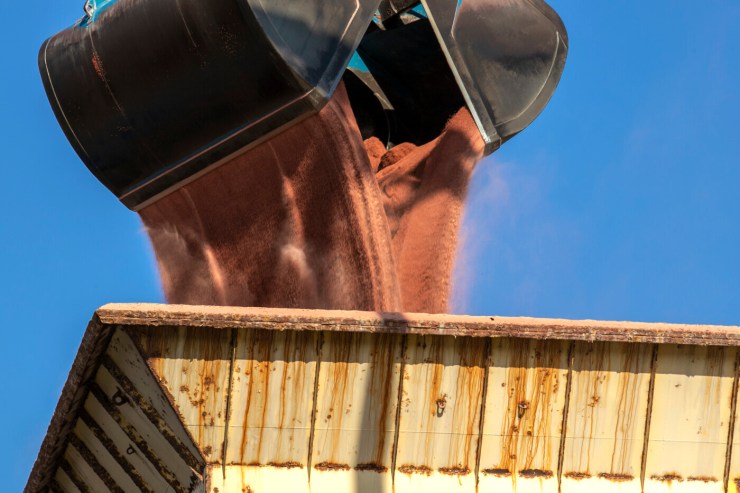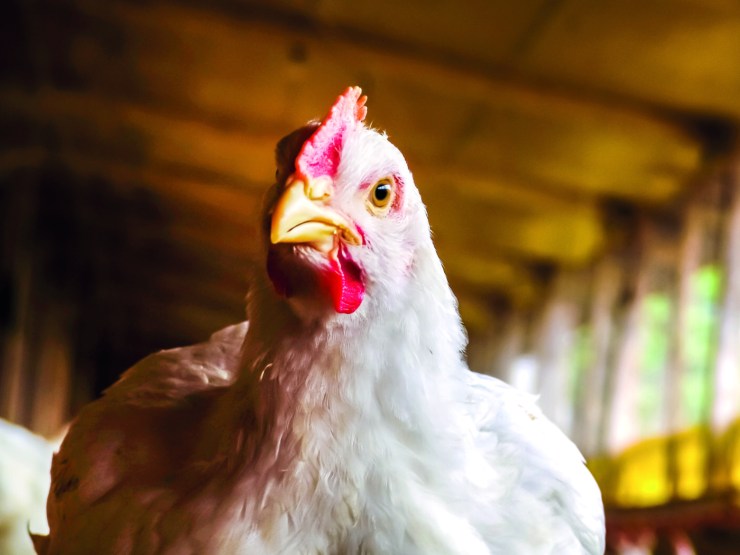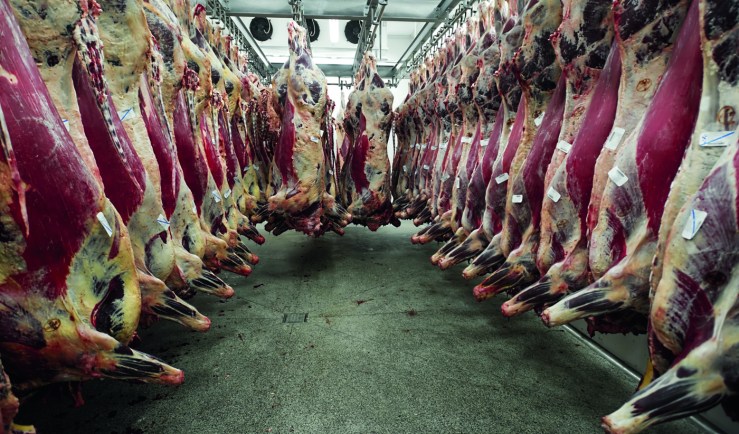Brazilian chicken sales to Arab countries reached US$1.75 billion in the first half of the year, a drop of US$0.53 billion compared to the previous period, according to the Arab-Brazilian Chamber of Commerce, which monitors trade with the 22-nation bloc in the Middle East and North Africa.

The results reveal that the bird flu outbreak in Rio Grande do Sul in early May impacted exports to the point of nullifying the approximately 10% increase in sales seen in the first four months of the year. At the same time, it indicates that Arab markets, with the resumption of shipments in June, continue to experience strong demand, with their importers maintaining long-term contracts already signed with Brazilian meatpackers. "We are currently seeing good shipment levels, and we attribute this to the resumption of relations and the trust that exists between Brazilian meatpackers and their Arab partners. Situations like the bird flu outbreak in Rio Grande do Sul have occurred before and have not hindered the resumption of sales, as Brazil has considerable credibility in the Arab world regarding its health standards, producing with quality and exporting responsibly," reinforces Mohamad Mourad, secretary general of the Arab-Brazilian Chamber of Commerce.
The leader believes that the recent case of avian flu reported at a subsistence farm in the city of Quixeramobim, Ceará, should not have an immediate impact on exports to Arab countries. Most of the supply to the bloc of nations comes from farms in the Southern Region, thousands of kilometers from the outbreak. Most Arab countries suspend imports only in extreme cases. Currently, only Saudi Arabia and Oman apply restrictions to chicken from Rio Grande do Sul. Qatar only applies restrictions to production from the city of Montenegro, the origin of the outbreak.
According to Mourad, the Arab Chamber is updating the 17 Arab diplomatic representations in Brazil and the governments of the bloc that contacted the entity with official information about the Ceará focus, following the same action taken in the Rio Grande do Sul episode to favor the resumption of shipments.
Retreat

Photo: Claudio Neves
While the half-year result for chicken is still on par with the same period last year, Brazilian exports of all products in the period fell by 16.931 T4T, to US$1 T5T 9.22 billion. Despite the decline in the first half, Mourad is optimistic about the final stretch of 2025.
The leader points out that consumption levels in the Arab countries continue to show signs of recovery. One sign is the demand for Brazilian products by the manufacturing industry, such as live animals, coffee, cast iron, and cellulose, which increased over the first six months of 2024, indicating increased activity. "The largest Arab economies continue to show signs of recovery. Consumption remains firm. We may not repeat the 2024 result, but we will have significant trade figures, and Brazil should continue to have a significant surplus," says Mourad.




